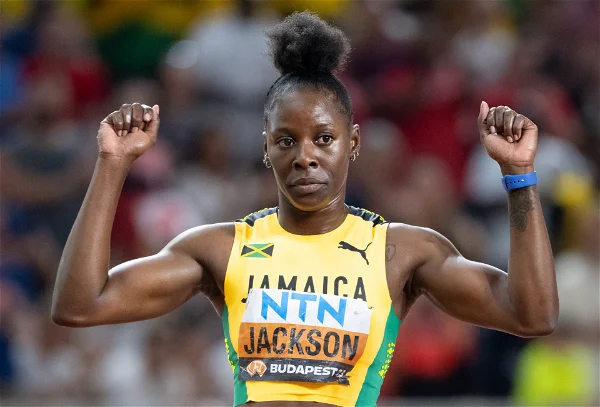Caster Semenya, a prominent South African middle-distance runner, has been at the center of a contentious and protracted legal battle concerning eligibility regulations in track and field. Her story is deeply intertwined with issues of gender identity, biological factors, and the ethics of sports governance.
Born in 1991 in Ga-Masehlong, a village in South Africa, Semenya displayed exceptional athletic talent from a young age. Her breakthrough came in 2009 when she won the 800 meters at the World Championships in Berlin, setting off a series of events that would redefine her career and challenge established norms in sports.
Semenya’s performances raised questions about her testosterone levels, leading to a controversial decision by the International Association of Athletics Federations (IAAF, now World Athletics) to introduce regulations regarding testosterone levels in female athletes competing in certain events. These regulations specifically targeted athletes with differences in sexual development (DSD), affecting Semenya and others with naturally high testosterone levels.
Despite legal challenges and public outcry, Semenya faced a series of legal defeats that ultimately prevented her from competing in her favored events without undergoing medical interventions to lower her testosterone levels. This decision was deeply polarizing, with critics arguing it discriminated against athletes like Semenya whose biology provided them with a natural advantage, while supporters viewed it as a necessary step to ensure fairness in competition.
Throughout the ordeal, Semenya remained defiant, refusing to undergo medical interventions and maintaining that she should be allowed to compete based on her inherent abilities. Her case sparked debates not only about fairness in sports but also about the rights of athletes to compete without undergoing invasive medical procedures to conform to arbitrary standards of femininity.
Beyond the legal and ethical dimensions, Semenya’s case highlighted broader societal issues regarding gender identity and the complexities of defining biological categories in a binary manner. It underscored the need for nuanced approaches in sports governance that balance inclusivity with the preservation of fair competition.
As of now, Caster Semenya continues to be an advocate for athletes’ rights and remains a symbol of resilience in the face of institutional challenges. Her legacy extends beyond her athletic achievements, prompting ongoing discussions and reforms within the world of track and field and beyond.



